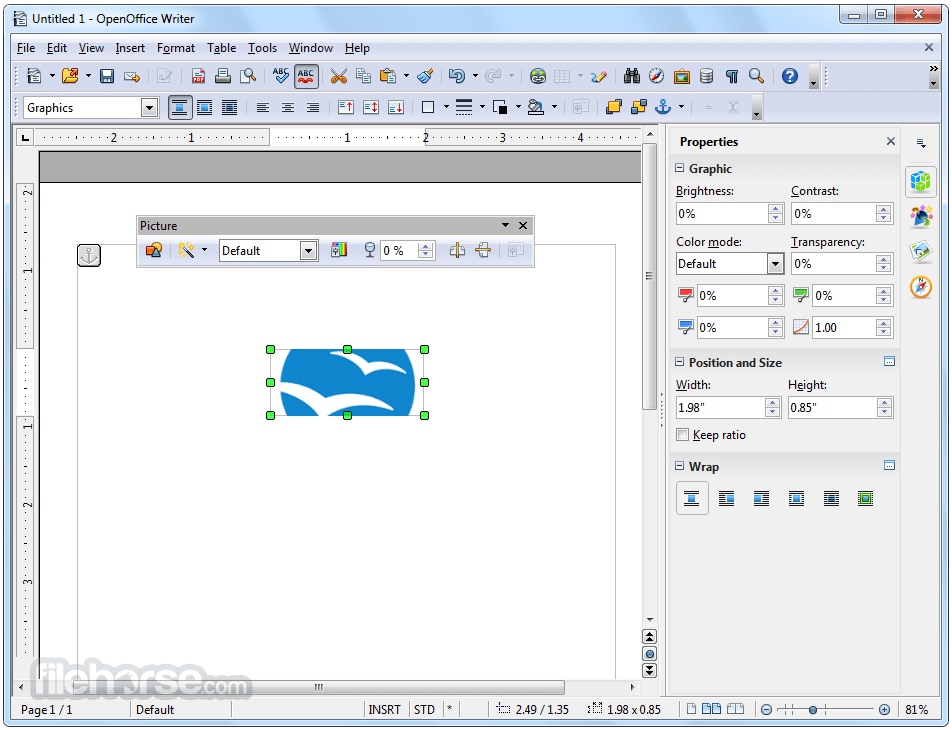

New programming frameworks, such as OpenCL, were created, allowing software developers to use graphics cards in their applications.
#Open office mac 10.6 mac os x
Much of the software in Mac OS X was extensively rewritten for this release in order to take full advantage of modern Macintosh hardware and software technologies ( 64-bit, Cocoa, etc.). Its name signified its goal to be a refinement of the previous OS X version, Leopard.

Apple famously marketed Snow Leopard as having "zero new features". Unlike previous versions of Mac OS X, the goals of Snow Leopard were improved performance, greater efficiency and the reduction of its overall memory footprint. The release of Snow Leopard came nearly two years after the launch of Mac OS X Leopard, the second longest time span between successive Mac OS X releases (the time span between Tiger and Leopard was the longest). As a result of the low price, initial sales of Snow Leopard were significantly higher than that of its predecessors whose price started at US$129. On August 28, 2009, it was released worldwide, and was made available for purchase from Apple's website and retail stores at the price of US$29 for a single-user license. Snow Leopard was publicly unveiled on Jat Apple’s Worldwide Developers Conference. This has been its status since at least when Apache OpenOffice 4.1.11 was released, half a year ago.Mac OS X Snow Leopard (version 10.6) is the seventh major release of macOS, Apple's desktop and server operating system for Macintosh computers.
#Open office mac 10.6 download
You can still open it by going into macOS's Security & Privacy prefpane immediately after trying to launch it, where there will be a button labeled "Open anyway", but this bogus-why isn't this developer verified with Apple yet? The download page for Apache OpenOffice () has a button labeled "Important hints for OS X", but when you click on it, the only thing it says about an OS X version is "Coming soon". If you try to launch even the latest version (4.1.11) of Apache OpenOffice under macOS Big Sur (11), and maybe even Catalina (10.15), macOS will display an alert saying "OpenOffice.app cannot be opened because the developer cannot be verified".And, even worse, if you save the document in OpenOffice's format (.odt), Word can't open the file. doc format, the new file won't have any of these undesired font changes. docx file in Microsoft Word, and save it as. This problem is at least partly a flaw specific to OpenOffice, because if you open the same. doc-for instance, Palatino gets changed to Times New Roman, 10 point Helvetica remains Helvetica, but it gets changed to 10 point and who knows what else. docx files, but also even some simple formatting options, like the font, font size, etc.

doc, but that format doesn't save some of the newer Microsoft Word formatting options you can choose for. docx format, since Microsoft has a copyright on the format-instead, OpenOffice can save files as. docx files, and you can edit them just fine, when it comes time to save your changes, you can't save the file in. Though OpenOffice's Microsoft Word emulator can open.Here's a couple deal-breakers against using OpenOffice, at least its current version (4.1.11):


 0 kommentar(er)
0 kommentar(er)
